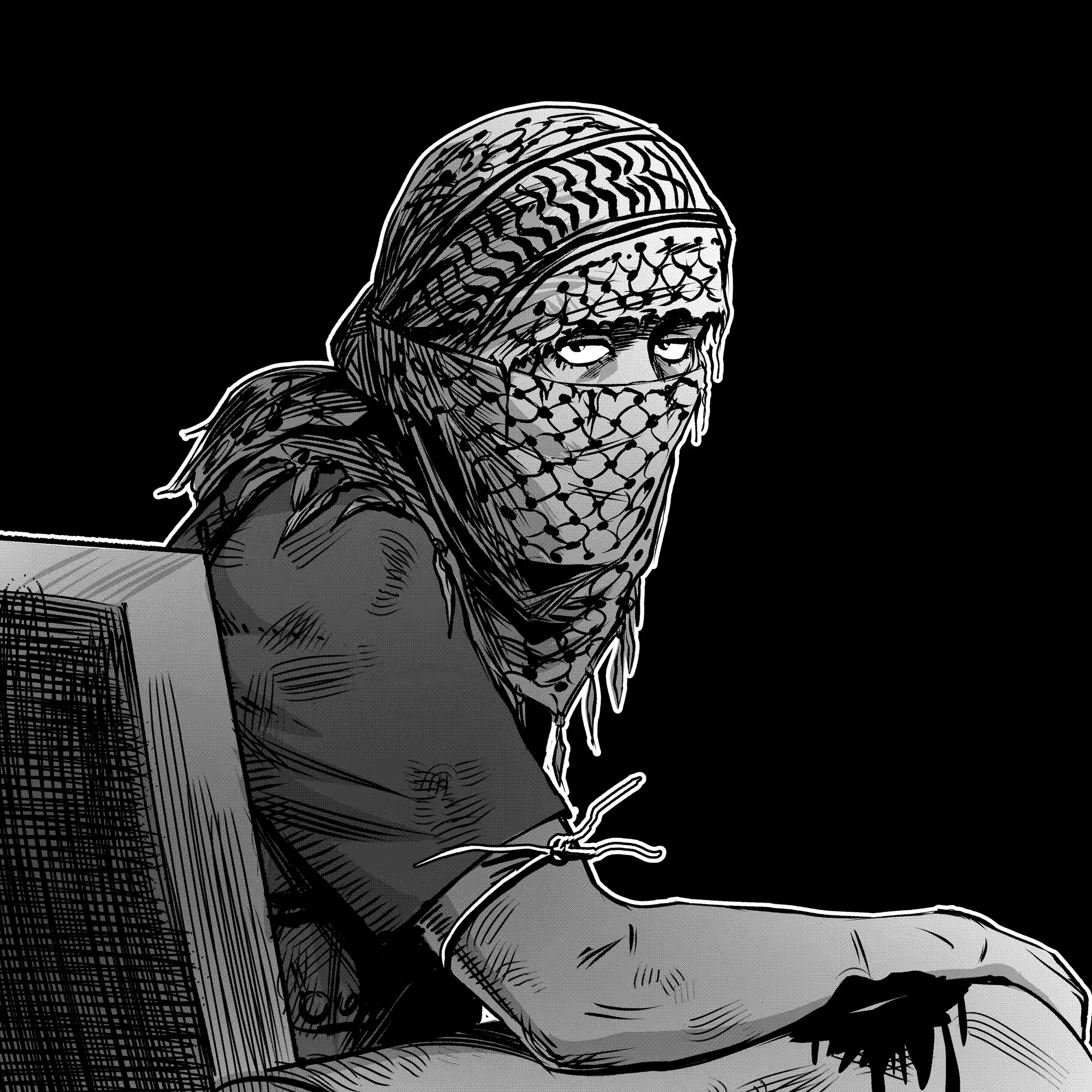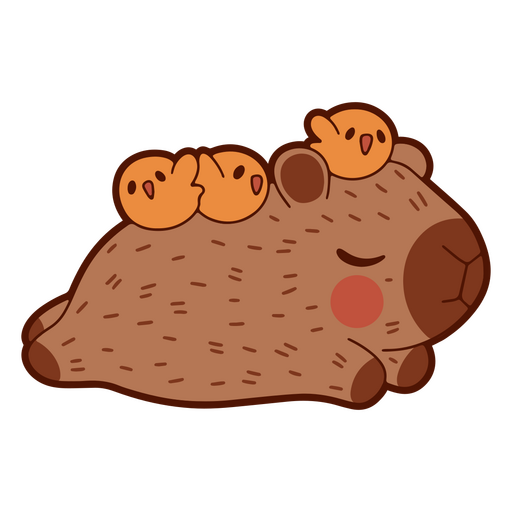It's definitely an uncomfortable and painful show for 95% of the screen time, but I couldn't help but love the writing, acting, cinematography, soundtrack and pretty much everything else. I really wasn't sure how much I liked the finale and it's particular kind of left turn (don't spoil it) but now that I'm about a week out from seeing it I think it's an incredibly strong finish.
I'm curious what anyone else thought of it.
I loved it. I'm not sure how to recommend and A24-style series about an HGTV show that's full of realistically uncomfortable moments about mostly unsympathetic people, but like you said the writing, acting (emma stone was brilliant), cinematography, soundtrack were all pretty great.
You spend most of the series wondering what the hell it's all leading up to, and I thought what they pulled off with the ending was amazing. Kafkaesque would be the best way I could describe it.
I said on one of the megas here,
I'm not saying The Curse is a Maoist show. But if a Maoist made it, I don't think anything would change.
Obviously a lot has been said about the wave of anticapitalist media, how that media performs our anticapitalism for us and just serves to recuperate radicalism, etc etc. But within the context of what's possible in a show, I think the Curse is one of the funniest and most entertaining takedowns of white liberalism you could conceive of. Great show.
Fantastic. Loved the characters, cinematography, and yeah, the ending was great. I don't know what the ending meant regarding the "Curse" though - like what was the Curse after all?
A lot of people on the subreddit seemed to think it was Asher himself, who as a bland and identityless person was a blight on everyone else around him, and through the events of the finale was reborn in a way that resolved the tensions of his relationship to his wife, friends, and the victims of his scheme. I think it's a pretty good reading, but I think the Curse is really just white guilt, and the finale was a physical manifestation of what Asher thought he deserved for himself (and what he arguably did).
the curse
Which curse? The young girl curse, part of a tiktok trend perpetuated by the director guy, could be explained away. The director guy later on also curses host guy towards the end. Host guy is abrasive to many people, and while only two are shown many of the people host guy pisses off could be adding tiny curses that add up.
The curse seems to present as a monkey paw/genie wish of getting what one says twisted. Host guy jokes about being a baby a few times, and says to green queen both ‘whenever you don’t want me around I’ll just go away’ and then ‘you’ve got a little me inside you’.
In addition, green queen is used to being the actually generous one with her host guy only doing nice things to get something out of it, but he shows growth by giving away a house to the family on hard times. Might also be him trying to get incursed, but from her perspective another reason to want him gone.
The struggle to get grounded again after waking up to, to borrow a word from ModerateTankie, a kafkaesque situation, has some parallels with labour. Most directly when the doula shows up and tries to help.
There are many curse possibilities, but trying to line it up most closely with only what is shown would come to a likely scenario. The first young girl curse was a ‘tiny curse’ that had some chicken effect. Then a big curse by director guy twisted what host guy was saying into what happens at the end, which also hurts the curser and causes a breakdown. Not the only solution but probably the simplest one.
I have a couple of theories.
ending spoilers
The first and most surface level take is that the universe the show takes place in actually does have some kind of supernatural element, and that one of the curses put on Asher (by Dougie or by the little girl at the beginning) came into effect.
Another is that it's a metaphor for either his fears of fatherhood (like Dougie claims) or what he said to Whitney in the previous episode - that if she ever actually doesn't want him around, like the finale is hinting at, he'll just disappear. Asher says during their dinner that, "the purpose of art is... well you have to go to extreme lengths to make your point sometimes," and then the show does just that. I think one of the big tip-offs here is that when he's up in the tree, they say they're probably going to have to tranquilize him, and then a paramedic-looking person comes up with a big red medical-looking bag reassuring him in soft tones. When she pulls out the chainsaw it was a bit of a reality-bending moment because they would never ever do something like that to get someone who's freaking out down from a tree. Perhaps the real series of events is that Asher has some kind of brain break, runs outside and climbs into the tree, and then dies in the process of them tranquilizing him and getting him down? That would also explain Dougie's sob fest at the end.
A third option I think is less likely is that we're seeing a version of a bit of TV magic the characters created in order to write Asher out of the next season of Green Queen, and as the viewer you no are no longer privy to their TV-making process and are stuck seeing something closer to what the audience of the show is going to get.
I saw someone make a point about some religious themes, but I don't know enough about how Judaism contrasts with Asher getting pulled into heaven to follow that road.
Part of what I loved about it is that it could represent any one of these options.
Thanks! I'm giving it a rewatch now to see how some of these themes reappear during the show.
Mistook this for someone translating the title of found footage film Noroi, damn.





